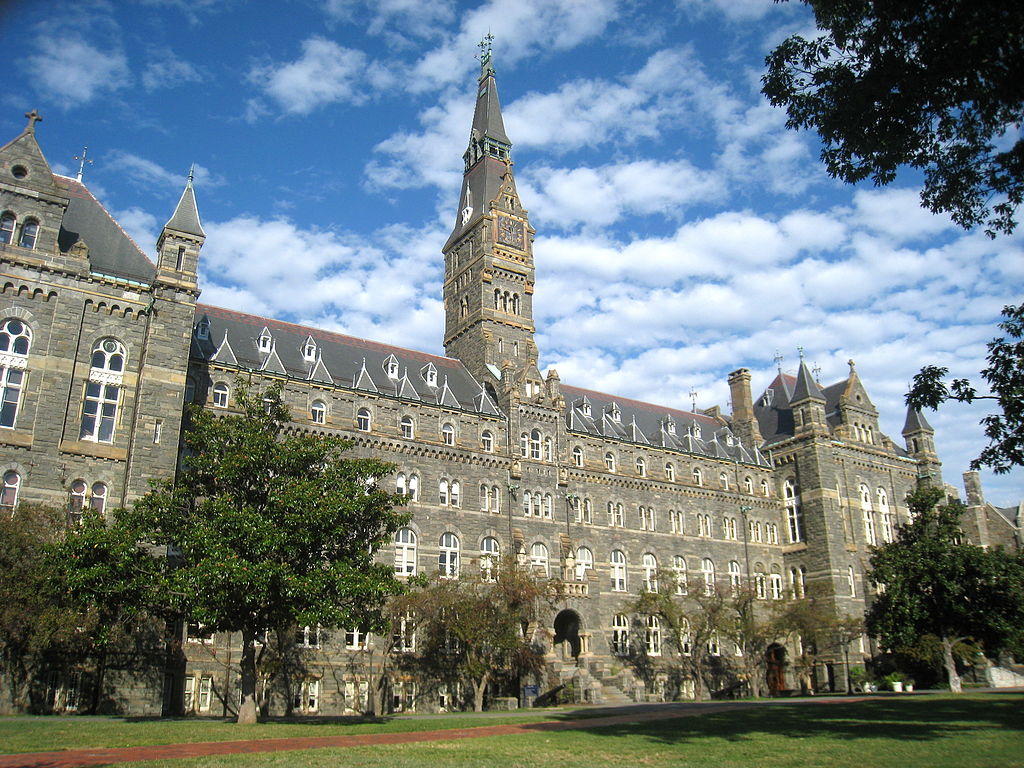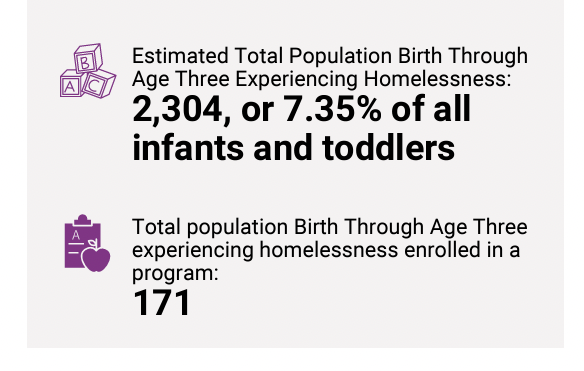Working one Sunday years ago at the Takoma Park branch library, I remember a young man at the reference desk, asking in a hushed voice for information about how someone returning from incarceration could form a business. Surprised by the notion, I discovered online a monograph from the Prisoner Reentry Institute of the John Jay College of Criminal Justice called “Venturing Beyond The Gates: Facilitating Successful Reentry With Entrepreneurship.”
“Facilitating” is still available online and it speaks to a desire held by many returning from prison or jail even before they found themselves arrested — the desire to make a living.
“It’s human nature. We all want to live at a certain nature of [comfort]. It’s the American Dream,” said Curtis Watkins with The Woodson Center, which helps community-based and faith-based organizations. He often works with returning citizens.
But the real changes to make the break from crime to more conventional, respectable, law-abiding lives need to come from within one’s internal character, Watkins emphasized. “This type of internal strength is beyond any program. It truly understands that we are our “brothers’ and sisters’ keepers,” he added. Many men and women manage to find that strength even without much external support.
Now a new Georgetown University program is seeking to help strengthen the external support for up to 20 D.C. returning citizens in collaboration with city agencies, including the Mayor’s Office of Returning Citizens Affairs (ORCA), D.C. Department of Employment Services (DOES), and a $400,000 grant from the U.S. Department of Commerce’s Minority Business Development Agency.
GU’s Pivot program is designed to offer a group of up to 20 “highly select” D.C. residents considered to hold leadership potential and who, presumably, possess the internal strength that Watkins described.
Participants (fellows) in the program will obtain instruction from GU’s faculty, including the McDonough School of Business. The curriculum includes literature, philosophy, and economics. Participants will receive stipends from DOES for their internships. As their time in Pivot comes to a close, fellows will decide upon an employment or entrepreneurship track. Those on the entrepreneurship track will receive support such as office space and business and legal advice.
When announcing the program, the McDonough School’s Alyssa Lovegrove linked the emphasis on entrepreneurship to heightening a sense of empowerment that will make Pivot Fellows more able to overcome potential barriers to their success as lawful, contributing members of society.
And the need is there: since GU’s Pivot staff say fewer than half of the 5,000 returnees to D.C. from the city jail and the federal prison system that serves as the de facto city prison find real employment that lasts.
The only fault I see lies not with GU’s program but with American society, particularly in our nation’s schools that are judged more by how students perform on tests than on imparting relevant life skills to their students.
Watkins said many parents, even those whose families are mired in poverty and have troubled children, usually want the best for their kids. But the parents often lack the knowledge and skills to impart important lessons involving business etiquette, career planning, and financial literacy.
Watkins notes the Pivot Fellows are likely to be “top tier” of D.C.’s returning citizens and hopes they recognize “they have a responsibility to want to be forces of change,” not just for themselves and their families but for the community. Ideally, there will be a significant “social impact payback” from a program like this, where not only the Pivot Fellows are helped but they will also take what they are learning and voluntarily decide to transfer that knowledge to children, starting with age-appropriate instruction and mentorship in elementary schools going forward, to break the cycle of poverty and crime.
If that is the case, we all have a stake in the success of Pivot and its fellows.








